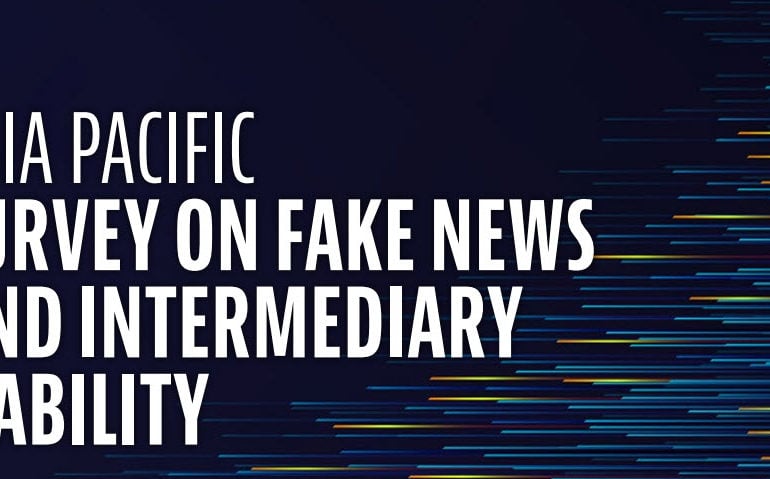On 15 December 2020, the European Commission published its long awaited drafts of the “Digital Services Act” (DSA) and “Digital Markets Act” (DMA). In the run up to the drafts being released there was intense speculation about how far the Commission would go in trying to achieve its aims of “(making) sure that we, as users, have access to a wide choice of safe products and services online. And that businesses operating in Europe can…
As technology evolves, the media industry continues to be transformed for consumers. In this presentation delivered at the recently concluded Asia Video Summit 2020, our partner Andrew Stewart (Sydney) looks at a high-level overview of how technology has shaped our industry in recent years and how it will impact us in the years to come. Click here to view.
Technology has facilitated ever-increasing content creation and with this benefit comes less-than-desirable phenomena, like fake news and defamatory content. This, along with the opportunities and challenges that user-generated content creates for the tech industry, has made the regulation of online content a global hot topic. In this episode of TMT Talk, Carolina Pardo, Janet Mackenzie, Lawrence Lee, Lex Kuo, and Gabriela Paiva-Morette discuss the trends and recent updates on the measures employed worldwide to tackle this issue. https://open.spotify.com/episode/0w0xm7CzmTRdGynU4GeJWu
The ongoing global outbreak of COVID-19 has thrown fake news into the spotlight, with governments worldwide racing against time to contain not only the spread of the pathogen, but also the flurry of fake news, with fears that online misinformation, if left unchecked, could be more infectious than the disease itself. Different jurisdictions have dealt with the issue in different ways, with some taking a hard-line stance via legislation, and others preferring a softer approach…
The Australian Government has announced a range of short term and long term measures to assist Australian media businesses in light of COVID-19 and its impact on the sector. In addition to new industry relief measures, the Government and key regulators such as the Australian Competition and Consumer Commission (ACCC) and Australian Communications and Media Authority (ACMA) have announced that various media reform initiatives already underway in 2020 will be accelerated, delayed or altered in some…
The ICO has published its final Age Appropriate Design Code of Practice for Online Services, following a public consultation last year. The code sets out 15 standards applicable to certain online services aimed at or likely to be accessed by children, requiring the “best interests” of the child to be the primary driver of product and service design. Who should read this? Anyone that designs or develops online services will need to consider whether the…
A few days ago the Government published its Initial Response to the public consultation on the Online Harms White Paper (April 2019). The Online Harms White Paper sets out the intention of the government to improve protections for users online through the introduction of a new duty of care. The subsequent 12 week consultation period received over 2400 responses from a range of stakeholders. This response provides an overview of these responses and the government’s…
On January 8, 2020 the ICO published its draft Direct Marketing Code of Practice for public consultation, which is open until 4 March 2020. We are summarized the status of the draft code, the key areas which are new compared to the ICO’s current direct marketing guidance, and the next steps. What is the draft code and its status? The Information Commissioner is required to publish a statutory direct marketing code under the Data Protection…
On January 17, 2020, the ICO published a blog post entitled “Adtech – the reform of real time bidding has started and will continue”, which provides an update on key industry changes in relation to Real Time Bidding and the ICO’s approach going forward to the issues identified in its June 2019 report. We previously summarized the key points from the June 2019 report here, as well as an update from the ICO on…
A key part of the EU’s New Deal for Consumers entered into force on January 7, 2020: the Omnibus Directive, which strengthens consumer rights through enhanced enforcement measures and increased transparency requirements. The headline changes introduced by the new Directive are: GDPR-style penalties.A requirement for increased transparency online, in particular for search result rankings and personalized pricing.The extension of consumer rights to “free” digital content and services. EU Member States have two years to transpose…









